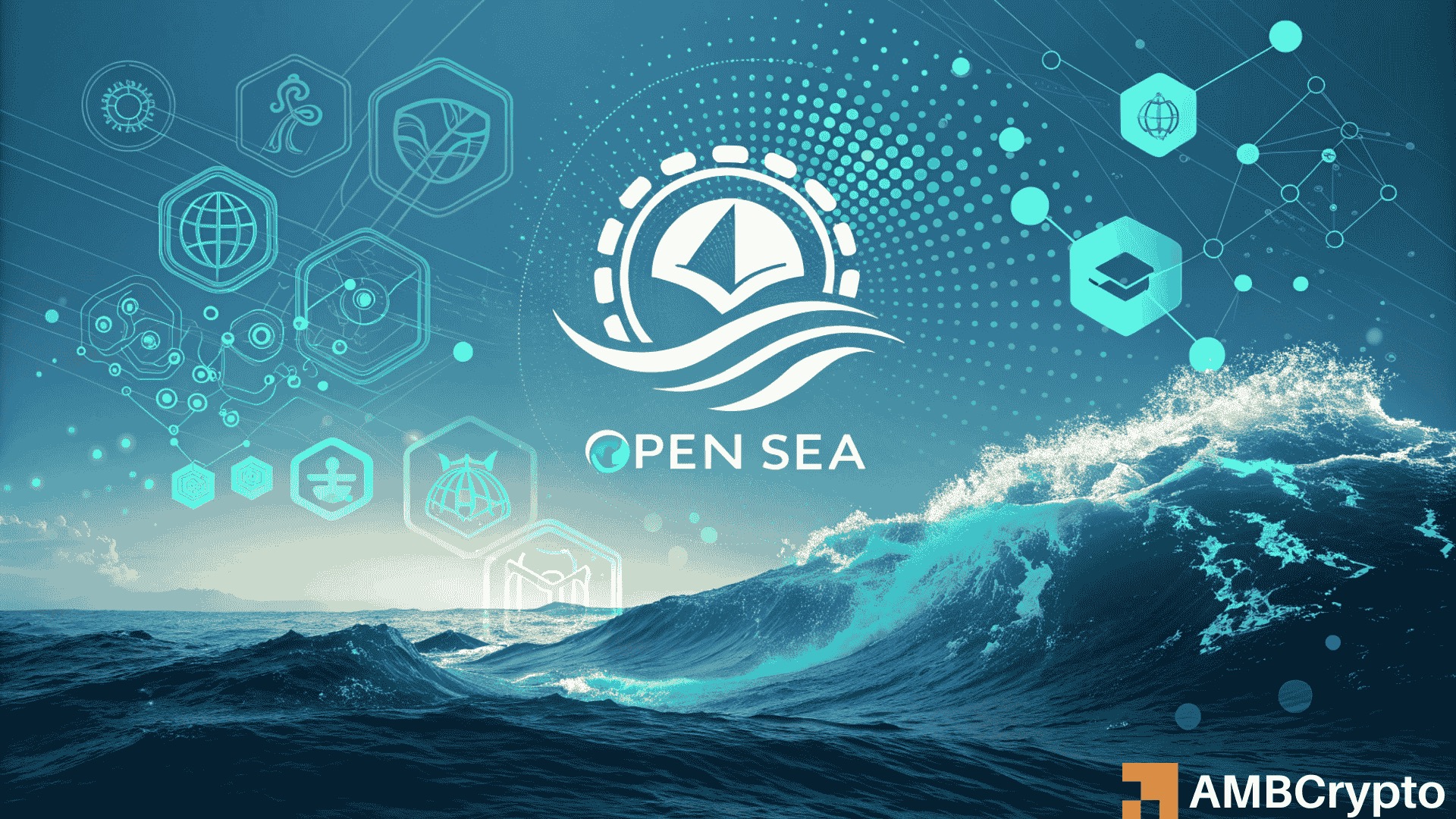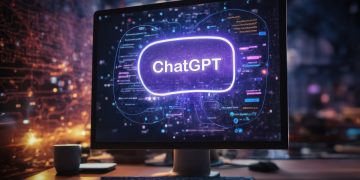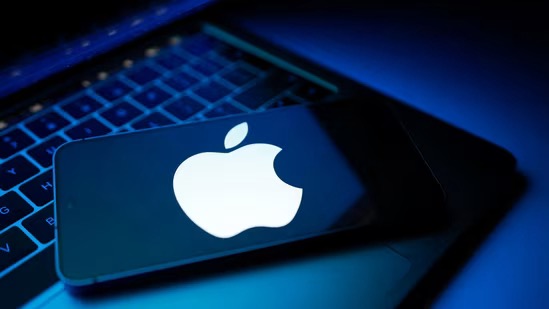OpenSea, once the undisputed leader of the NFT boom, has made it clear it’s not abandoning non-fungible tokens — but rather expanding its mission. Amid rising speculation that the platform was shifting away from NFTs due to changes in trading volumes, OpenSea has stepped forward to clarify its evolving strategy. The company insists it’s not pivoting awayfrom NFTs, but instead transforming into a platform built to facilitate trading of everything that exists on-chain.
The announcement comes as the digital asset space enters a new phase, with NFTs no longer occupying the spotlight they once did. The frenzied hype of 2021 and early 2022 has cooled, but OpenSea believes the blockchain’s future lies in its ability to support a diverse economy — beyond profile pictures and digital art.
Moving Beyond the NFT Label
OpenSea’s leadership emphasized that NFTs remain an integral part of the platform’s ecosystem. However, the company is now aiming to be more than just a digital art marketplace. Instead, it’s building what it calls a “universal interface for the on-chain economy” — where users can buy, sell, and swap not just NFTs, but also fungible tokens, gaming assets, digital collectibles, real-world tokenized assets, and anything else represented on a blockchain.
 The shift is less of a departure from NFTs and more of an expansion of scope. According to OpenSea, its existing infrastructure — including wallet integration, chain interoperability, and user-friendly marketplaces — provides a strong foundation for supporting a much wider range of digital assets.
The shift is less of a departure from NFTs and more of an expansion of scope. According to OpenSea, its existing infrastructure — including wallet integration, chain interoperability, and user-friendly marketplaces — provides a strong foundation for supporting a much wider range of digital assets.
This move appears to be a strategic response to shifting trends. While NFT transaction volumes have declined from their peak, on-chain trading as a whole is growing more dynamic and complex. Tokenized finance, digital identity, music rights, and decentralized applications are bringing new types of assets online. OpenSea wants to be at the center of this evolution — a single platform where users can seamlessly manage their digital lives.
A Response to Misunderstanding
Speculation that OpenSea was pivoting away from NFTs began when observers noticed the platform was processing a growing share of token-based transactions — surpassing the volume of NFT sales in recent months. Critics suggested that OpenSea was quietly shifting its focus due to the cooling NFT market. The company has now responded directly to those claims, stating that this is not a retreat, but a natural extension of its mission.
OpenSea’s leadership clarified that its goal is to support the full range of digital assets and experiences that live on the blockchain. Rather than limiting itself to one sector of the on-chain economy, the platform is aiming to simplify and unify how users interact with all types of blockchain assets — whether they are fungible, non-fungible, or something entirely new.
What ‘Trade Everything’ Really Means
“Trade everything” is more than a slogan for OpenSea — it’s a roadmap for the company’s future. The idea is to create a platform where users can swap tokens, buy collectibles, manage their holdings, and access decentralized applications all within one interface.
OpenSea’s expanded vision includes:
- Cross-chain asset support: Users will be able to trade assets across multiple blockchains without needing separate tools or platforms.
- Unified asset management: Whether you own NFTs, ERC-20 tokens, or tokenized real-world goods, you’ll be able to manage everything from a single dashboard.
- Enhanced user control: OpenSea continues to support non-custodial wallets, meaning users retain full control over their assets while using the platform.
- Intuitive design: The company is focusing on making the platform as easy to use as mainstream apps, with the goal of onboarding more everyday users into the on-chain world.
These features are part of a broader ambition: to make the blockchain more accessible, less fragmented, and more practical for everyday use.
NFTs Are Still in the Picture
While the company’s focus is expanding, it insists that NFTs are still a central part of its identity. Digital art, collectibles, in-game assets, and creator-based tokens remain an essential category in the OpenSea ecosystem. The platform continues to support artists, developers, and collectors who rely on NFTs as a form of expression, ownership, and community engagement.

What’s changing is how those NFTs are integrated into the broader digital economy. Instead of being siloed, NFTs will exist alongside other on-chain assets — allowing for new forms of interaction, trading, and utility. For instance, NFTs could be bundled with tokens, used in decentralized apps, or traded for other digital goods more easily than ever before.
A Bet on the Broader On-Chain Economy
OpenSea’s new direction reflects a broader trend in the crypto world: the emergence of a multifaceted on-chain economy that blends finance, culture, gaming, and utility. From tokenized real estate to blockchain-based music rights, the scope of digital assets is expanding rapidly. OpenSea believes this is where the industry is headed — and it wants to be ready.
By investing in infrastructure that supports multiple chains, asset types, and use cases, OpenSea is betting that its platform will become the central hub for this future economy. The company envisions a time when managing your on-chain life — from art to investments to identity — will be as simple as using a single app.
This evolution isn’t without risk. Expanding into broader asset trading means OpenSea is stepping into more competitive territory, facing off with decentralized exchanges, wallet providers, and token platforms. There are also regulatory challenges that come with supporting a wider range of financial instruments. But OpenSea seems confident that its brand, user base, and infrastructure give it a strong head start.
Final Thoughts
OpenSea’s decision to double down on blockchain’s full potential — rather than retreat from NFTs — marks a turning point not just for the company, but for the digital asset industry as a whole. As NFTs move from the hype cycle into long-term adoption, and as tokenized assets of all kinds begin to dominate on-chain activity, OpenSea is positioning itself as the one-stop interface for this new era.
Rather than pivoting away from what made it famous, OpenSea is building on its foundation — aiming to help users trade not just art or collectibles, but everything that lives on the blockchain.











